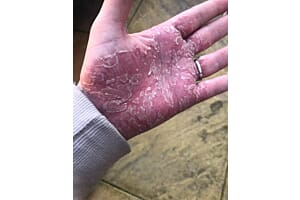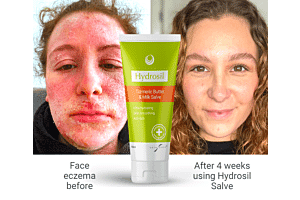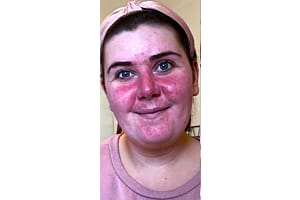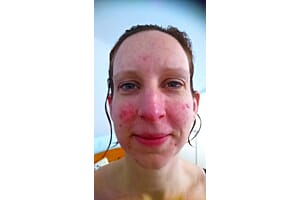Question: I am aware that chemicals in general can be damaging to your health, however, which ones in particular should I try to avoid?
17 September, 2008 – 19:07
Answer: There has been a good deal in the news about toxins within foods but not much on where else we encounter toxins in our everyday lives. Chemicals and preservatives are present in almost all household cleaning and personal care products.
It would be impossible to avoid using chemicals altogether, but with all the recent research on the possible damage they can do to our health, it is wise to be aware of what toxins certain products contain and how to reduce you and your family’s exposure to them.
Polypropylene and polyester found in carpets, underlay, upholstery, bedding and clothes can produce toxic vapours.
Similarly, household cleaners containing formaldehyde, phenols, vinyl chloride, aldehydes, benzene, toluene, ketones, ammonia, chlorine and lye should be avoided, as these chemicals can be highly irritating to the skin, eyes, nose and throat. Formaldehyde has also been linked to the onset of headaches, dizziness and nausea, while some research even suggests that it is a suspected carcinogen.
For personal care products visit Green People at www.greenpeople.org or visit Skin Shop at www.skinshop.co.uk.
For non-chemical cleaning products Ecover products are also available at all good Health Food stores. For further information on Ecover products visit www.ecover.com.







